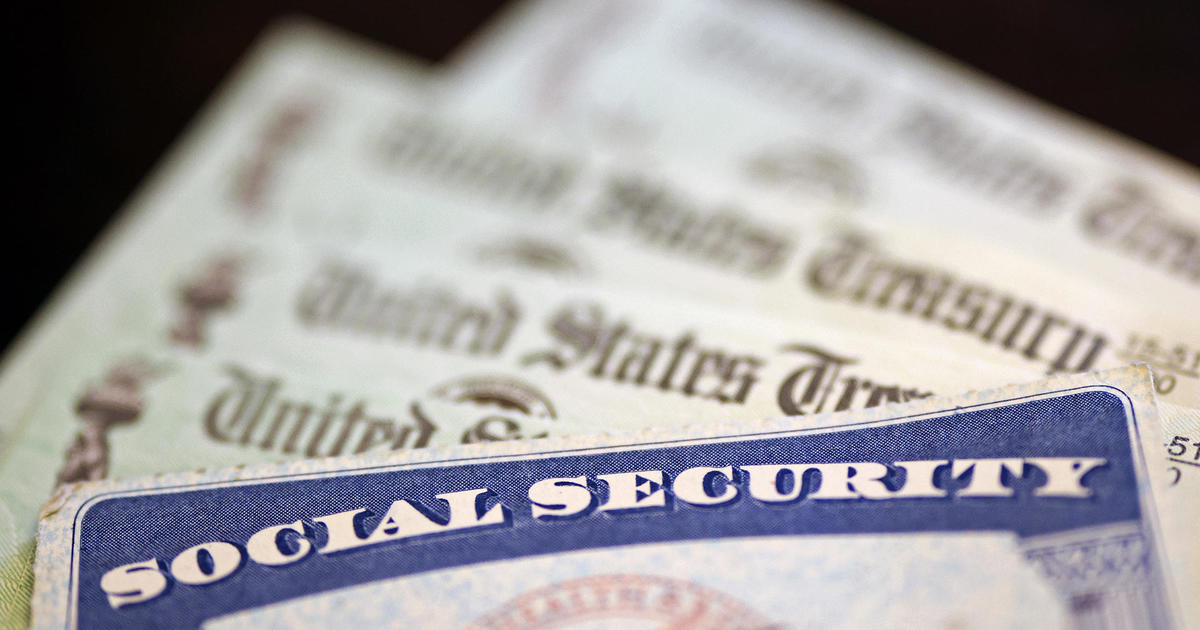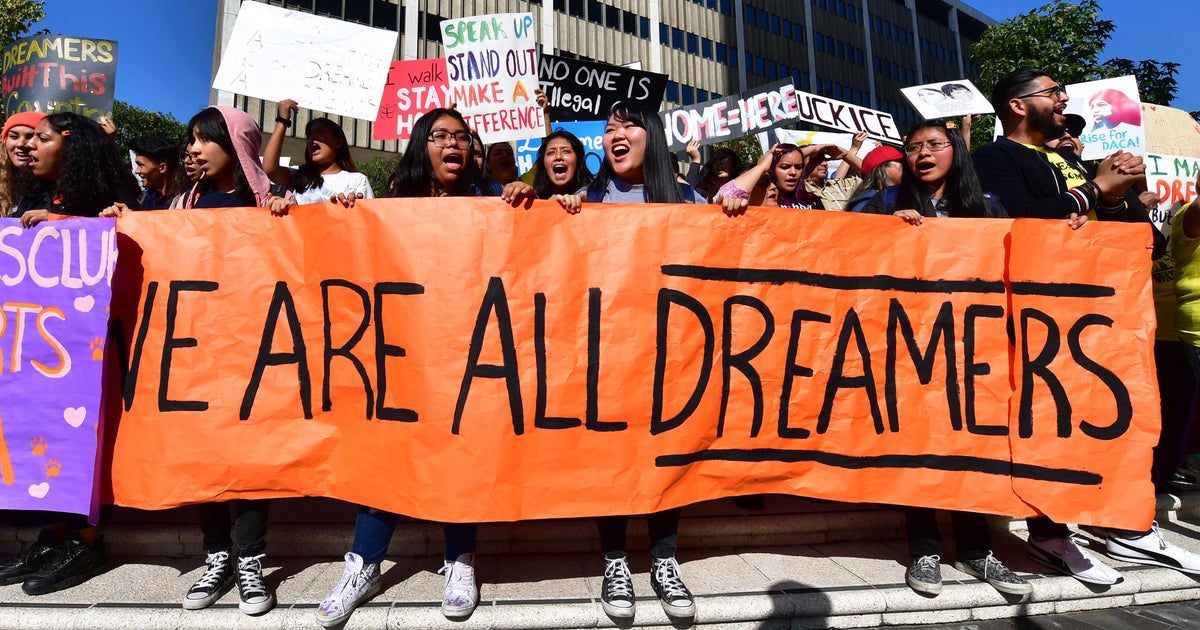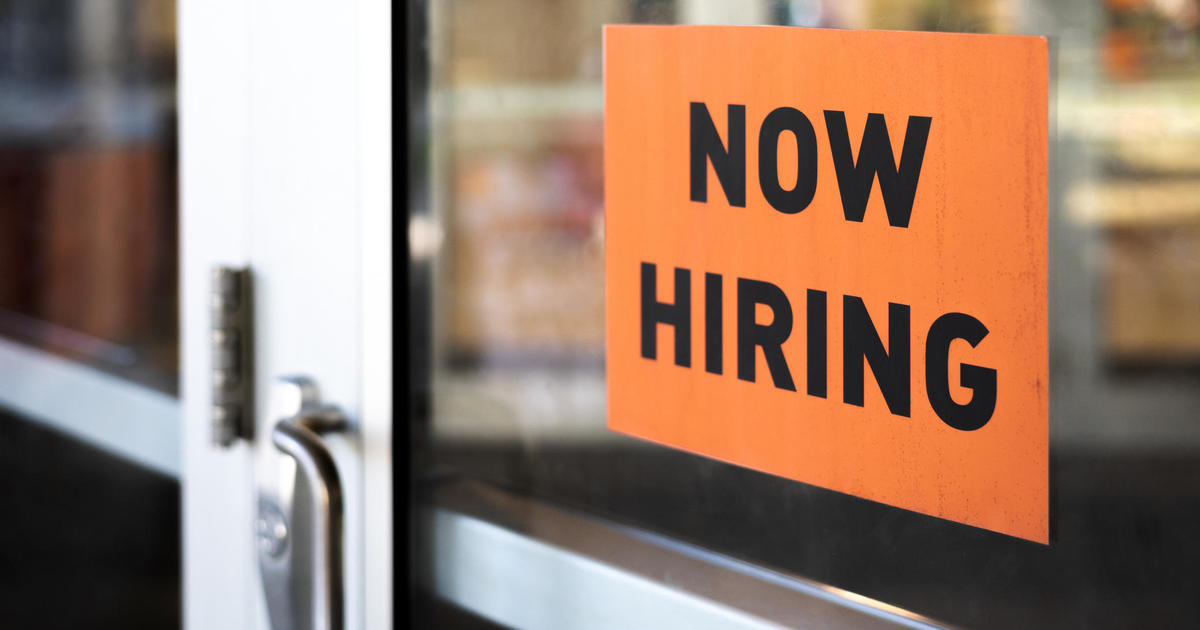How to apply for a small businesses stimulus loan
The $2 trillion economic rescue package officially known as the Coronavirus Aid, Relief and Economic Security, or CARES, Act includes help for small businesses that have been hit by the coronavirus pandemic.
Signed into law by President Trump on Friday, the package authorizes the Small Business Administration to offer 100% guarantees for up to $349 billion in loans for small businesses that need to cover payroll, rent and other bills. Called the Paycheck Protection Program, the provision is geared toward saving jobs and keeping the nation's roughly 31 million small businesses afloat.
The Small Business Administration's "streamlined" verification process starts here, and involves a five-page process for which lots of patience is advised. Applicants will also need their payroll, rental and/or mortgage and utility costs on hand.
The program's goal is to deliver cash into the hands of small businesses with fewer bureaucratic hurdles than in the SBA's existing loan programs. The coronavirus stimulus package also provides loan forgiveness to businesses that retain workers.
"The aid starts as loans, but if the money is used to preserve jobs and maintain wages of employees over the crisis, then the loans can be forgiven — potentially keeping tens of millions of small business employees on payroll," the Economic Policy Institute's Josh Bivens and Heidi Shierholz wrote in a recent blog post.
Eligible businesses
Any business with 500 or fewer employees that was running as of Feb. 15 and has been negatively impacted by COVID-19 is eligible. Larger companies in the restaurant and hotel industries, such as Starbucks, can also apply for one of the loans as long as they have fewer than 500 people at each location.
The bill is "focused on the hospitality, dining and related industries, as those are the sectors that presently need assistance," Timothy Speiss, a partner at accounting consultancy EisnerAmper, said, noting the massive layoffs that have occurred in the sectors.
"Borrowers only need to make a 'good faith certification' that the loan is necessary to support continuing operations and that they will use the funds to retain workers, maintain payroll, or make mortgage, lease and utility payments," Joseph Most and Ken Maeng of Berdon Accountants and Advisors wrote in a client's note.
Unlike other SBA provisions, the new Paycheck Protection Program also allows sole proprietorships — a type of business structure popular with individual freelancers — to be eligible for a loan.
Terms and red ink?
The new program, funded by both private lenders and the U.S. Treasury, runs through June 30. Loan payments are deferred at least six months, include a 10-year term with interest capped at 4%. Companies that keep employees on the payroll for eight weeks will receive loan forgiveness for the portion of the loan used for payroll, rent, mortgage interest or utilities, the SBA says.
Still, not every small business owner is jumping at the chance to take on more debt.
"As a small business owner, and thinking collectively of all the small businesses across the country, we are being ignored," said Laurence Edelman, the chef and co-owner at the currently closed Left Bank, a casual fine dining restaurant in New York City's West Village.
Given small businesses are behind the majority of jobs created, "if bailouts are being given, who not this group?" asks Edelman, who takes umbrage at the program's design that puts small businesses "further into debt."
Even so, Edelman said he's considering "every lifeline" as he continues to employ eight of 24 employees through a separate business called Poulet Sans Tete (French for "headless chicken"), which delivers rotisserie chickens, salads and sides.
It's unclear how many small businesses will sign up for the loans, with analysts at the Center for Economic and Policy Research saying " take-up is likely to be problematic."
"Business owners who do take loans may prioritize capital — mortgages/rent, utilities, and debt repayment — over workers when thinking about how to protect their investments in their businesses," they added.
Safety net
Not all small businesses may find the loan useful, with the trade group for the hotel industry calling it "unworkable" for embattled hoteliers.
Because the law's provisions limit the SBA loans to 250% of average monthly payroll, hotel owners could run out of funds to meet their payroll and debt service obligations in as little as four weeks, the American Hotel & Lodging Association estimates.
"Since the measure reduces debt forgiveness with any reduction in payroll, hoteliers would be forced to use the entire loan amount on payroll, at the expense of debt service," Chip Rogers, AHLA's president and CEO said Thursday in a statement after the Senate passage of the bill.
A small business owner could expect to have a check in their hands between 30 to 90 days after their application is complete, barring any glitches, according to Robert Katz, managing director in EisnerAmper's financial advisory services group.
"There are exceptional and dramatic incentives for all the constituencies to say they've funded loans versus road blocks to getting it through," Katz told CBS MoneyWatch.



